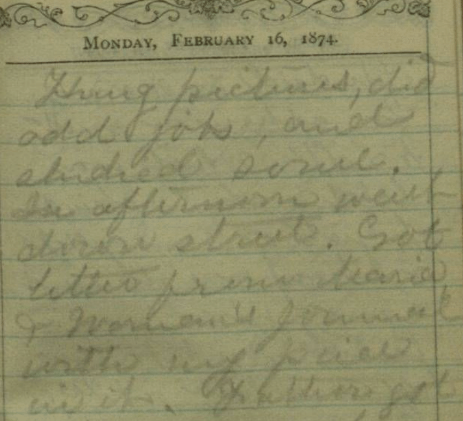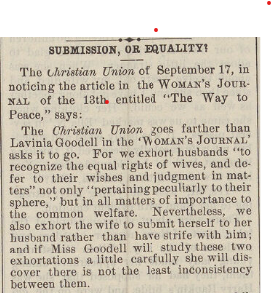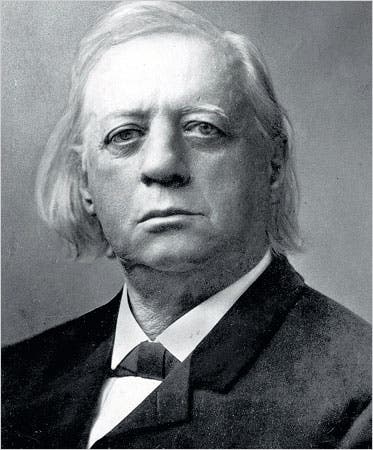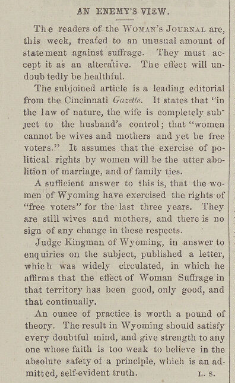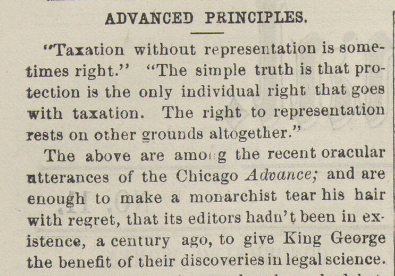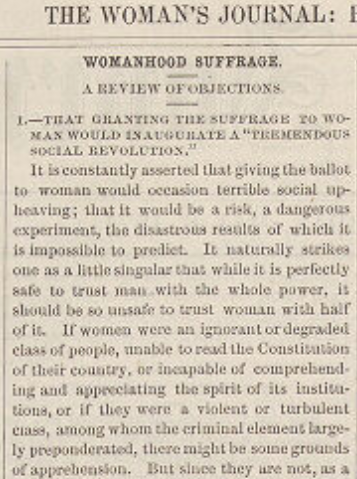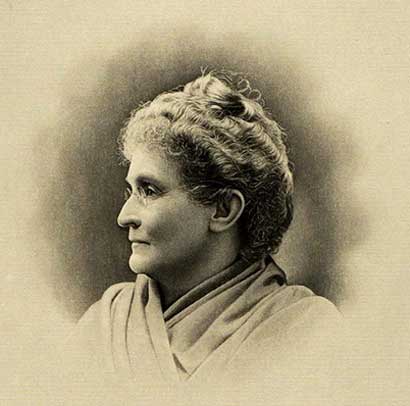“Married women today are not the abject slaves they were fifty years ago”
Lavinia Goodell, October 1879
In the fall of 1879, Lavinia Goodell wrote an article for the Woman’s Journal titled “How it Looked to a Lawyer Half a Century Ago.” In it, she lauded the progress women had made during her lifetime (Lavinia was born in 1839) in gaining more rights.
Lavinia noted that in 1837, Timothy Walker, a professor at the Law Department of Cincinnati College delivered a course of lectures on American Law that were published in book form in 1837. Walker commented, “With regard to political rights, females form a positive exception to the general doctrine of equality. They cannot vote, nor hold office. We require them to contribute their share in the ay of taxes, or the support of government, but allow them no void in its direction.” Walker said if males were treated in this fashion, it “would be the exact definition of political slavery.” But he said, “probably the most refined and enlightened [women] would be the last to desire a change which would involve them in the turmoil of politics.”
Continue reading →